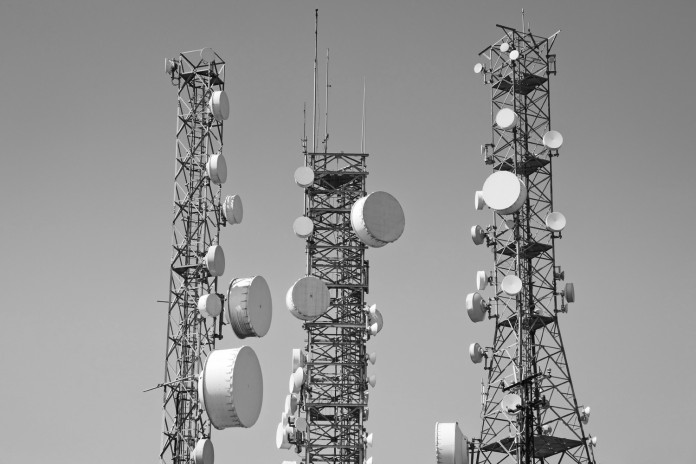Telecoms companies in Nigeria currently spend an estimated N9.3 billion on diesel to run their sites across the nooks and crannies of the country, New Telegraph has learnt. According to findings, monthly diesel consumption by telecoms companies to power their telecoms sites/towers currently stand at 58.1 million litters.
Available data from the industry authorities show that there are currently about 31,000 telecoms base transceiver stations (BTS) or telecoms towers in Africa’s largest telecoms market.
The figure comprises those BTS built by the global system for mobile communications (GSM), the code division multiple access (CDMA), fixed line operators and other Internet Service Providers (ISPs) in the country.
In arriving at the current estimated spending on diesel by all telecoms companies in the country, IHS Towers’ current monthly expenditure was used as a benchmark for the industry. IHS, a neutral and independent telecoms infrastructure management company, currently has about 25,000 base stations across its countries of operations, with Nigeria accounting for 16,000 of the total.
According to IHS Executive Vice Chairman and Group Chief Executive Officer, Mr. Issam, Darwish, his firm currently consumes a minimum of 30 million litres of diesel monthly to run its 16,000 sites in Nigeria.
This newspaper’s analysis thus indicates that each of the 16,000 base stations gulps an average 1,875 litres of diesel monthly. The 16,000 sites in the portfolio of IHS comprise Airtel’s and MTN’s base stations already outsourced to the firm for efficient operation.
However, industry-wide base stations stand at 31,000, according to data obtained from the Ministry of Communications. Consequently, the industry consumes an average of 58.1 million litres of diesel monthly, given that each site takes an average of 1,875 litres monthly. Meanwhile, this newspaper’s checks at some filing stations across Lagos metropolis indicate that the pump price of diesel averages N160.
Accordingly, the industry expends an estimated N9.3 billion on diesel on a monthly basis, findings have shown. Speaking on how the challenge of poor access to power is affecting telecoms companies’ operations, President, Association of Telecoms Companies of Nigeria (ATCON), Mr. Olusola Teniola, said that the industry was facing low power generation.
He explained that the situation of power in Nigeria is not helpful to the development of telecommunications sector, as each operator has to generate its own power. “Powering generators is very costly and since the demand for telecommunications service is inelastic, the consumers usually bear the brunt,” he said.
Meanwhile, apart from the power problem, which many believe has been responsible for relatively high cost of making calls in the country, Teniola has identified other challenges such as multiple taxation, high lending rate and indiscriminate shutdown of base stations, among others, facing the industry. He said concerted effort is needed to address the industry’s “obstacles.”
The ATCON president noted that in Nigeria today, the telecommunications sector is faced with the challenge of multiple taxation. “This is not helping the industry to grow as the sector is being taxed by all tiers of government and the direct resultant effect of this is low profits, which would not encourage direct investment to the country.”
Records, he said, have shown that base stations are shut down by either local or state government without any prior notice to service provider, adding that the development usually accounts for poor quality of telecoms service in Nigeria.
“The Nigerian Communications Commission (NCC), in collaboration with other stakeholders, has been working seriously to put an end to that.
As a matter of fact, the recent cybercrimes law frowns at it. “This is another challenge that has impeded the growth of the sector in the sense that some miscreants have turned it to their businesses to destroy the telecom masts and towers.
“The cybercrime law treats telecoms infrastructure as a critical national infrastructure in Nigeria, but it is yet to be implemented.”
Another challenge being faced by the operators, according to Teniola, emanates from high lending rates. He noted: “The cost of capital involved in setting up a full fledge telecommunication outfit is very high, as the interest rate is double digits as we speak and this does not help the growth of telecommunication companies in Nigeria.”






